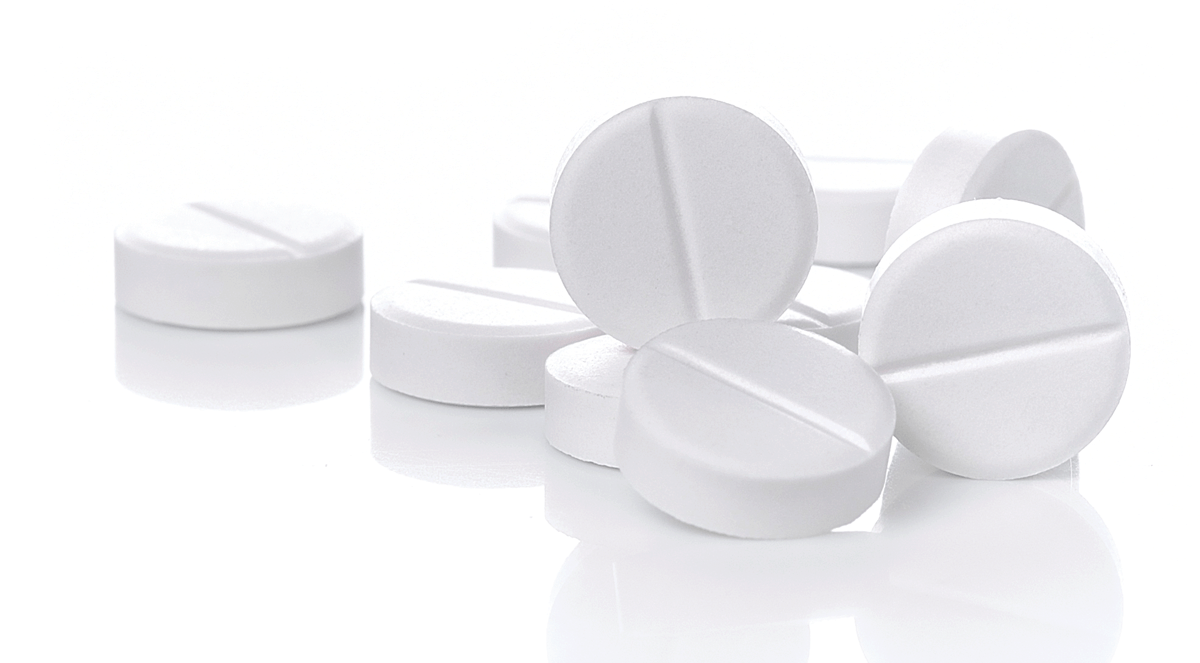Aspirin has been shown to help reduce the risk of major cardiovascular events and is recommended by the United States Preventive Services Task Force to prevent heart attacks and ischemic strokes. The drug is used as a primary strategy to help prevent a first occurrence of cardiovascular disease (CVD). It can also be used as secondary prevention for survivors of heart attacks and strokes to prevent additional cardiovascular events.
The American Heart Association recommends daily low‐dose aspirin for people at high risk of heart attacks and regular use of low‐dose aspirin for heart attack survivors. “Preventing CVD events is particularly important,” says Arch G. Mainous, PhD. “Understanding physician recommendations for aspirin therapy is critical to the delivery of quality care.” Few studies, however, have evaluated patient use of aspirin and reported physician recommendations of aspirin therapy for CVD prevention.
Suboptimal Use
In a study published in the Journal of the American Heart Association, Dr. Mainous and colleagues analyzed data from the National Health and Nutrition Examination Survey, 2011–2012 and examined aspirin use for preventing CVD. The study showed that only about 41% of high-risk individuals reported being told by their physician to take aspirin, and just 79% of these patients actually complied with the recommendation. Among low-risk patients, 26% were told by their physician to take aspirin, with nearly 77% complying.
Several factors were identified as significant predictors of patients reporting that their physician recommended aspirin use for primary prevention. These included age, access to a regular source of care, education, and insurance status. Among high‐risk patients, significant predictors were age, race, and insurance status. Age, education, obesity, and insurance status were significant predictors among low‐risk patients. Overall, the analysis indicated that there were persistent problems with access to care.
The rates of patients being recommended to take aspirin to prevent CVD are not ideal, says Dr. Mainous. “High‐risk patients who don’t receive the recommendation are at higher risk of having CVD events. Low‐risk patients may be exposed to adverse risks because of using aspirin unnecessarily.” Dr. Mainous says it is possible that concerns of gastrointestinal (GI) bleeding may have contributed to the findings.
Improving Quality
The disconnect observed in the study highlights the need to improve clinical decision support. “Efforts are needed to compute actual cardiovascular risk rather than simply identifying general risk factors,” says Dr. Mainous. “Electronic health records may help by providing physicians with prompts to recommend aspirin when appropriate.” This technology can also be used to offer information on when to consider protective therapies to avoid GI bleeding. Dr. Mainous notes that more research is needed on clinical decision support systems and interventions that reinforce using appropriate risk calculators to optimize preventive care.



 PWeekly
PWeekly